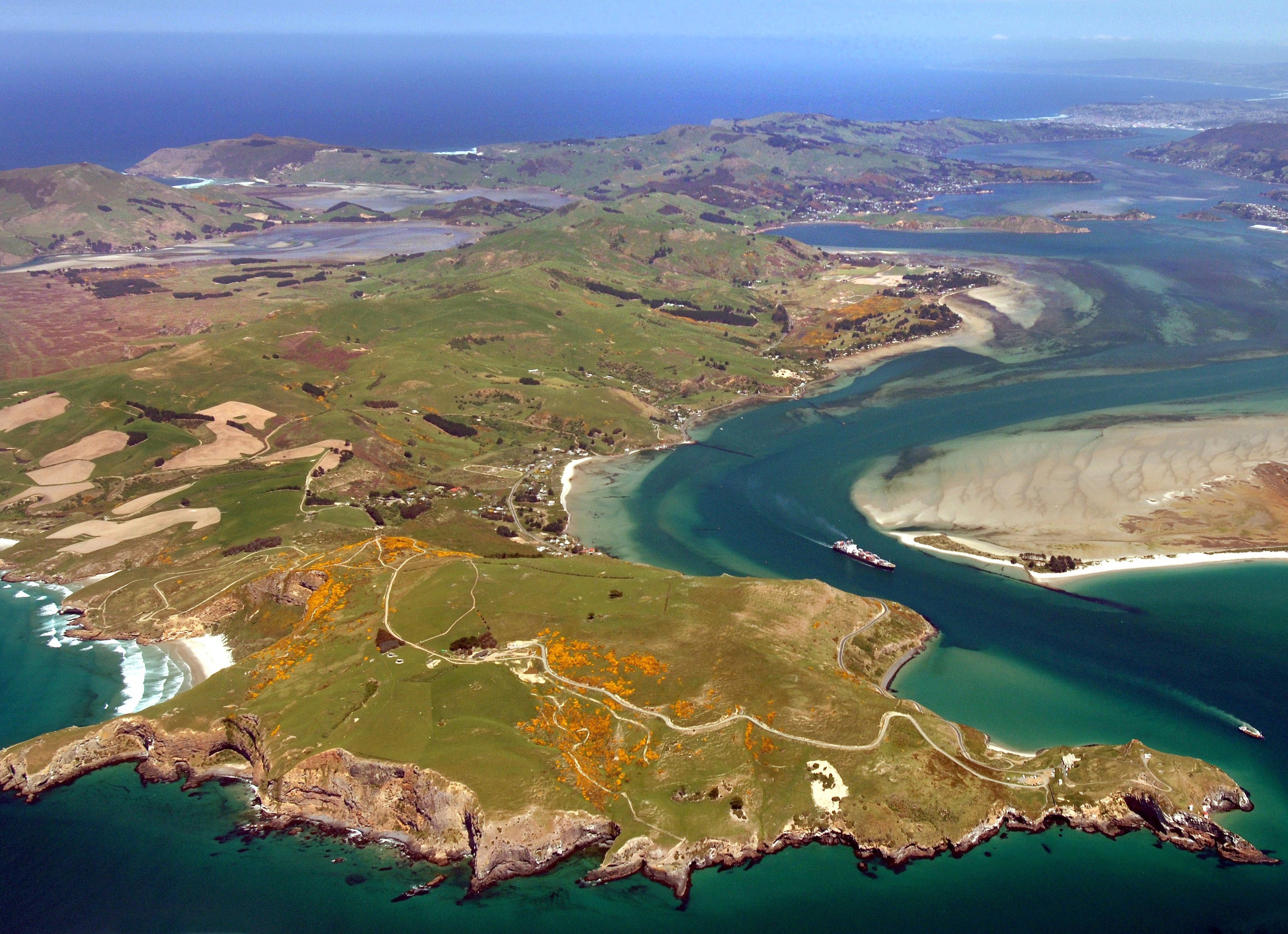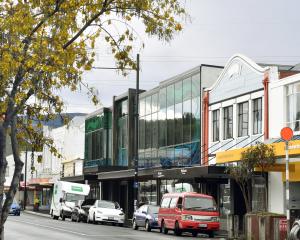
Antipodes Travel Ltd has applied to the Department of Conservation (Doc) for a marine mammal viewing permit for a term of 10 years, to conduct land-based viewing of seals as part of wildlife tours on Otago Peninsula, at Aramoana and in the Catlins.
The sites the company had applied to visit would be: Allans Beach, Victory Beach and Sandfly Bay on Otago Peninsula, the spit at Aramoana, and Cannibal Bay, Surat Bay and Jacks Bay in the Catlins.
Kaitiaki for Runaka Te Runanga o Otakou Hoani Langsbury, who has worked on the peninsula for many years, said his preference was always for controlled rather than uncontrolled tourism.
"I think there needs to be tightening up of the provisions," Mr Langsbury said.
"If that requires us to have a couple more operators with marine mammal permits, so then people just aren’t sending them randomly out to Victory Beach or wherever, I probably lean towards having more people with permits that have conditions and controls over where they take people and what the interactions are."
He said the behaviour on Otago Peninsula was generally pretty good although uncontrolled tourism was still a worry.
"Sometimes you go up the road and there’s so many cars parked there and people just standing around. Where, if they are under a marine mammal permit and you can see what’s going on, you’ve got a better ability to deal with and manage human interactions with the marine mammals.
"With tourism coming back, we’re pretty much back to where we were pre-Covid, so there’s lots of people around. We don’t hear as much noise about freedom campers these days, but those are the ones that are probably undertaking most of the uncontrolled activity.
"By having a range of operators that might better suit that type of visitor, then I think it’s the right pathway to be going down."
It was hard to stop people going on a public road or beach.
Antipodes Travel, based in Dunedin since 2004, is a boutique travel company specialising in tailor-made itineraries for French-speaking visitors to New Zealand, Australia and the Pacific.
It was looking at having 50 trips a year and using just one van at a time with a maximum of 11 passengers.
Doc had asked for submissions on the permit and they close on October 30.
Doc coastal Otago operations manager Gabe Davies said there were currently 11 active marine mammal watching permits in the Otago Peninsula area.
He said understanding the impact of the permits was something Doc monitored through the summer ranger programme, co-funded by the Dunedin City Council .
"As part of this, we are currently developing a monitoring plan to gain an updated understanding of the overall impact of these permitted activities at key spots on the peninsula," he said.
Doc also held a pre-season meeting with cruise ship operators on permissions.
"This included things like what does and doesn’t require a permit, guided walks versus marine mammal viewing permissions, timeframes for processing permits, shared the ‘wildlife care code’ and key messaging for safe interactions in sensitive habitat and with protected species."












